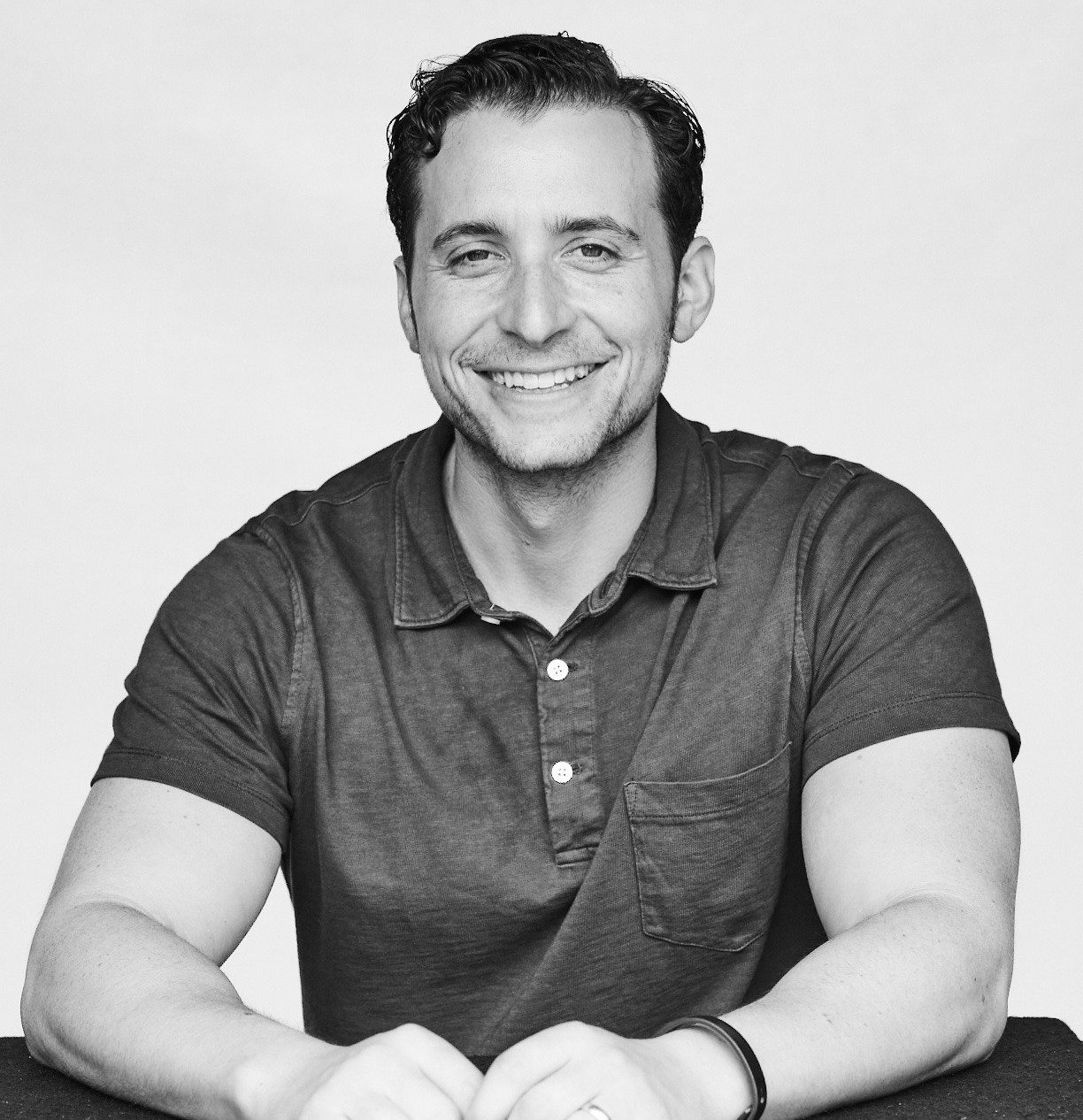The “Healthy At Every Size” (HAES) movement has created, at times, a heated polarizing debate about health. At the root of the friction is a seemingly simple question with an incredibly complex answer:
Is there a standard for health?
Your health and your body is extremely personal. In my opinion and experiences with clients, it’s no one’s business — but that doesn’t mean it’s not important business with a few key stakeholders.
Personal health should be determined by the individual, the individual’s doctors, and the individual’s family. No one else gets a say, no matter how much of an expert you think you are. It’s not your decision to make.
Personal health should be determined by the individual, the individual’s doctors, and the individual’s family. No one else gets a say, no matter how much of an expert you think you are. It’s not your decision to make.
“Healthy” takes on many different shapes, sizes, and appearances. Standardizing is a fool’s game. And shaming those who don’t meet an arbitrary standard are likely defending their own insecurities and dependency on appearance.
To maintain respect for all bodies, we need to be mindful of the door that swings both ways.
If we accept and respect healthy at every size, we should equally respect those whose health mirrors more traditional fitness standards (no matter how unrealistic some might feel or be).
The general belief is that all fitness is driven by vanity. Some of it certainly is, but is that necessarily a bad thing?
Vanity — or any motivation — is dangerous if it leads to behaviors that are risky for yourself or others, or create a worldview that isn’t accepting of differing opinions, beliefs, or appearances.
If the desire to change your body improves your life, then it shouldn’t matter the motivation.
After all, vanity for one person might look leaner and more muscular, and for someone else it might mean less emphasis on the scale or the size of one’s pants.
Anything that makes you feel better and empowers your happiness, is an essential component of good health.
Anything that makes you feel better and empowers your happiness, is an essential component of good health.

Adam Bornstein is a New York Times bestselling author and the author of You Can’t Screw This Up. He is the founder of Born Fitness, and the co-founder of Arnold’s Pump Club (with Arnold Schwarzenegger) and Pen Name Consulting. An award-winning writer and editor, Bornstein was previously the Chief Nutrition Officer for Ladder, the Fitness and Nutrition editor for Men’s Health, Editorial Director at LIVESTRONG.com, and a columnist for SHAPE, Men’s Fitness, and Muscle & Fitness. He’s also a nutrition and fitness advisor for LeBron James, Cindy Crawford, Lindsey Vonn, and Arnold Schwarzenegger. According to The Huffington Post, Bornstein is “one of the most inspiring sources in all of health and fitness.” His work has been featured in dozens of publications, including The New York Times, Fast Company, ESPN, and GQ, and he’s appeared on Good Morning America, The Today Show, and E! News.